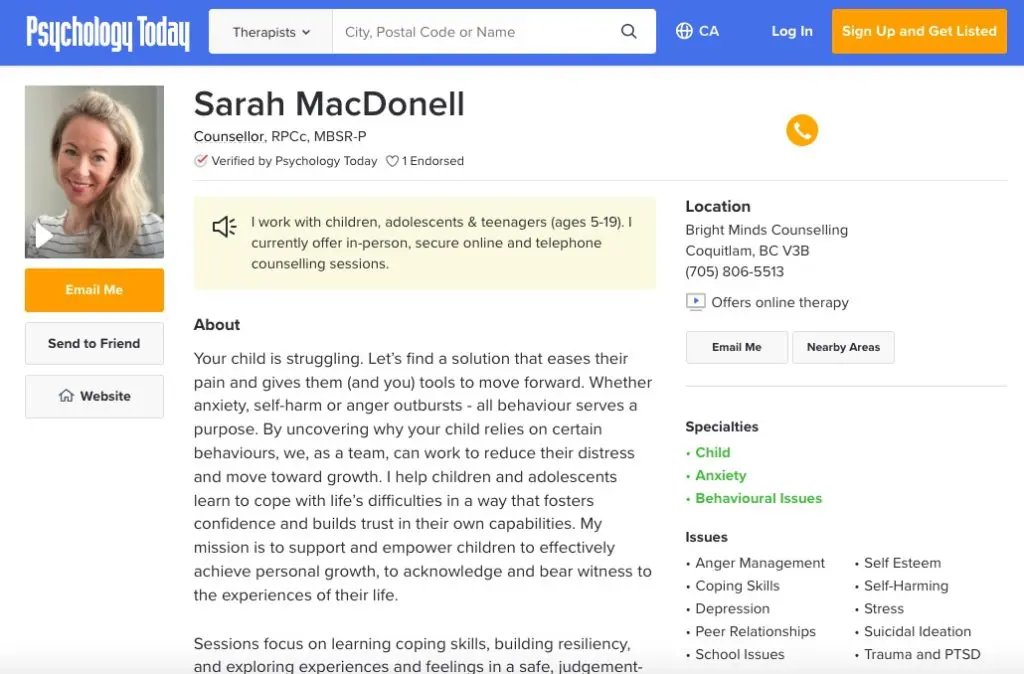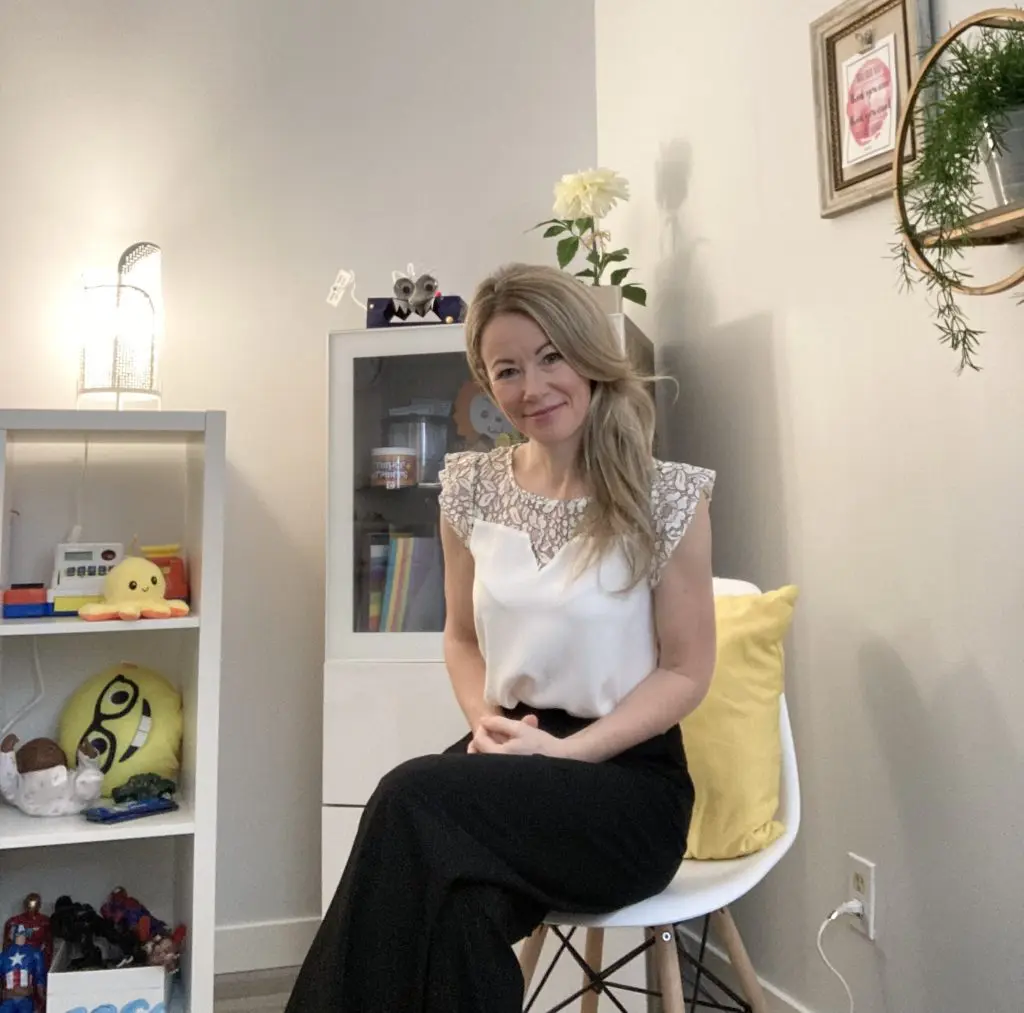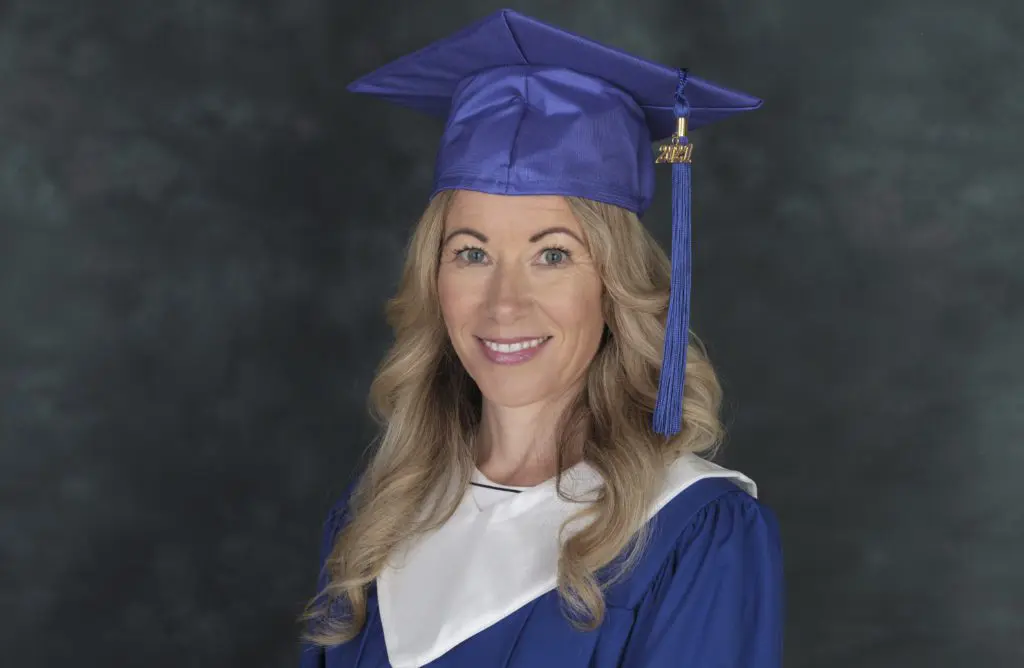Empathy, reflective listening, building rapport, and strong communication skills are key traits every successful counsellor needs. Each of these skills are taught at the beginning of Stenberg’s Counselling Therapist Diploma program and, in my opinion, become the foundation for our learning. Each instructor has a unique way of ensuring their students develop these skills and strengthen them in every class.
1. Empathy
Expressing to your clients that you understand them and how they feel is important in therapy. Empathy has been taught to us by each of our instructors and we learn to display it through our facial expressions, body language, tone of voice, and words. We are given the opportunity to practice these skills with our classmates by doing in-class role plays. Role plays allow us to practice in a safe environment and give us the chance to experiment with different techniques comfortably.
2. Reflective listening
As a counsellor, you must demonstrate reflective listening by paraphrasing specific points your client shares. Doing so will ensure you understand their message, and your clients will know that they are being listened to. Many clients who come to therapy are not used to being understood, making reflective listening all the more important. When counsellors reflect and summarize their client’s points, it helps their client feel heard.
Through reflective listening, clients are able to take a break from talking and gather their thoughts while the counsellor summarizes their points. This is also an opportunity for the client to reflect on their experiences and feelings, and draw new conclusions about their concerns. When I work with clients, especially new clients, I find that reflective listening is essential for building rapport.
3. Rapport
Building rapport entails developing a therapeutic relationship and alliance with the client to establish trust. Without trust, it can be difficult for the client to become comfortable. Once they feel safe with their counsellor, clients are more likely to open up and make progress in therapy.
In the first stages of therapy, clients may hold back information about themselves. In my experience, this is because they are afraid of being judged by others. Before an alliance is developed between the counsellor and client, some clients may test their counsellor’s reaction to parts of their stories to see if they can trust their counsellor. For this reason, we are taught in our program not to allow our facial expressions and body language to display our potential surprise, as how we react can hinder our client’s level of trust in us as counsellors.
4. Communication Skills
The last essential trait that a counsellor must have is strong communication skills. As a counsellor, you may have clients who cannot express themselves or articulate their thoughts and feelings clearly. Throughout the program, the communication skills we are taught help us identify key words or phrases the client says that can be used to ask questions, guiding them to deeper thought and evoking clarity.
We are taught the most effective types of questions for gathering essential information from our clients. Open-ended questions are the best method for allowing clients to tell us about their experiences as they encourage the client to speak freely. Another critical piece of communication is speaking in a manner that the client can easily understand. If your client is unable to understand what you are saying, they may not answer specific questions or process key information.
Becoming a successful counsellor
I believe the skills above are integral when working with clients. They encourage clients to feel safe and share their life experiences with their counsellor, allowing them to get the help they are seeking. It is vital for clients to feel understood and have trust in their counsellor. When these skills are put into practice, the client will better process their own story.
It is important for the client to feel heard in a way that they perhaps haven’t experienced in a long time, or for some people, never have before. Many skills go hand in hand with developing the therapeutic alliance. These four skills are, in my opinion, the most essential to becoming a successful counsellor.











